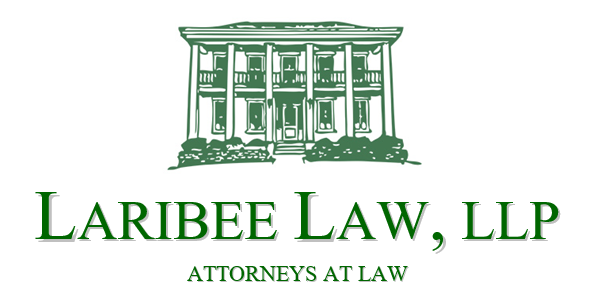Establishing the Validity of a Will or Trust
Michael L. Laribee, Esq.
John is the patriarch of a large family horse farm. He is the sole owner of the property which contains hundreds of acres, valuable equipment, and more than twenty horses. His children, Beth and Luke, both work on the family farm along with Cole, a long-time faithful employee. Beth and Luke always expected to inherit the horse farm from their father.
However, John began to question certain actions by Beth and Luke that were not in the best interest of the horse farm. He decided to name Cole as the primary beneficiary of the horse farm as well as all of the valuable horses. Beth and Luke were enraged. They promised to do everything within their power to convince a court to throw-out John’s will and trust. They threatened to claim that John was kicked in the head by a horse and lost his ability to think clearly. Can John do anything to make sure that his will and trust are honored?
Ohio law provides a procedure through which a testator (the person making a will or trust) can ask a court to make a finding that his will or trust is valid before he dies. To initiate the process, the testator must file a complaint in the probate court where he lives. Only the testator can file such an action. It cannot be filed by the testator’s guardian or power of attorney. The complaint must include an express written waiver of the testator’s physician-patient privilege. This allows the court access to the testator’s medical records.
The testator must name all of the following as party defendants in the case: (1) the testator's spouse; (2) the testator's children; (3) the testator's heirs who would inherit if the testator died without a will; (4) the testator's beneficiaries under the will; (5) any beneficiary under the testator's most recent prior will. The testator may also name any other person that the testator believes may have a monetary interest in the validity of the testator's will or trust.
The court will examine the will and trust documents and declare whether they meet all of the requirements of Ohio law. The court will also determine whether the testator has the legal capacity to establish the will or trust, was free from undue influence, and was not under restraint or duress. Also, the court will verify that the execution of the will or trust was not the result of fraud or mistake. Unless the will or trust is modified or revoked later, no person who was included as a party to the case may contest the validity of the will or trust upon the testator’s death. However, the court’s ruling is not binding on any person who was not named in the action.
After the case is complete, the testator is free to modify or amend his will or trust. However, the court’s ruling does not include later amendments or modifications to the documents. The law is also clear that failure of a testator to file a complaint declaring the validity of a will or trust cannot be construed as evidence or an admission that his documents are not valid.
It is important to consult with a trusted probate attorney and explore all options and procedures when creating an estate plan. That way, a testator can guard against the actions of others who may disagree with the testator’s wishes. Laribee Law, LLP is here to assist you.
Michael Laribee is a partner in the Medina law firm of Laribee Law, LLP. This article is intended to provide general information about the law. It is not intended to give legal advice. Readers are urged to seek advice from an attorney regarding their specific issues and rights.

